What are Relays
Relays are essential components in various electrical and electronic circuits. They function as electrically operated switches, providing the ability to control a high-power circuit with a low-power signal. This makes them invaluable for applications where it is necessary to switch devices on and off without direct human intervention. Relays are utilized across a broad spectrum of industries, from automotive and telecommunication to industrial controls and domestic appliances, making them versatile tools for professionals seeking automation and safety in their systems.
At the core of a relay's operation is an electromagnet. When an electrical current flows through a coil within the relay, it creates a magnetic field that either attracts or releases a lever and changes the switch contacts within the relay. This action enables relays to open or close circuits within an electrical system. The isolated nature of the control and load circuits within the relay ensures that users can safely manage high-voltage applications via low-voltage control signals, providing both functional and safety benefits.
Relays come in various designs and specifications, catering to different requirements such as voltage levels, current capacities, number of contacts, and protective features. Understanding these principles is crucial for selecting the appropriate relay for a specific application.
Types of Relays
Different types of relays are tailored to meet specific needs in electrical systems, ensuring efficient and reliable control for various applications.
Electromagnetic Relay: These are the most common type of relays and operate by the principle of electromagnetic induction. When current flows through the coil, it generates a magnetic field which activates the armature to open or close the contacts. They are suitable for both low and high power applications across various industries.
Voltage Relay: Designed to respond to changes in voltage levels, these relays are often employed in power system protection. They monitor voltage and actuate when it drops below or exceeds a predetermined threshold, making them crucial for safeguarding sensitive equipment against voltage anomalies.
Safety Relay: These relays are engineered with redundancy and self-checking features for use in safety-critical systems. They ensure that any faults do not lead to dangerous situations, which is essential in machinery control and emergency stop systems.
Reed Relay: Comprising reed switches activated by an electromagnetic coil, reed relays offer fast switching times and are typically used in telecommunications, security systems, and medical equipment due to their compact size and reliability.
Solid State Relay (SSR): Unlike mechanical relays, SSRs have no moving parts since they use semiconductor devices to switch electricity on or off. They provide high-speed switching with no physical wear and tear and are ideal for precise control applications such as temperature controllers or lighting systems.
How to choose Relays
Selecting the right relay is crucial for ensuring the proper functioning of an electrical system. Here are some considerations businesses should take into account:
Usage: The intended application of the relay will dictate its type; general-purpose relays might suffice for simple on-off control tasks, whereas specific protective or telecommunication relays may be required for more specialized roles.
Contact Load: Evaluate whether low power or high power contacts are needed according to the current levels that will pass through the relay's contacts. High power relays can handle larger currents and are suitable for industrial machinery, whereas low power variants are often used in smaller electronic devices.
Protect Feature: Depending on the operating environment, it may be necessary to choose between sealed or epoxy-coated relays; these features offer additional protection against dust, moisture, and other environmental factors that could potentially damage the component.
Theory: The theory behind a relay's operation—whether electromagnetic, voltage-based etc.—should align with your system's requirements. For instance, safety relays would be mandatory in systems where human safety could be at risk due to operational failures.
Material: The construction material of a relay may also influence your decision; options like plastic may suffice for less demanding environments while stainless steel could be preferred for more robustness or specific regulatory compliance.
By considering these criteria along with additional factors such as color coding (for easy identification), model number specificity (for exact replacements), local service location (for logistical convenience), and applicable industries (to ensure compatibility), businesses can make informed decisions when purchasing relays.
Best Relays on Alibaba.com
Alibaba.com stands out as a prime destination for sourcing relays due to its extensive network of suppliers offering a wide array of options suitable for every conceivable application. Whether you're looking for industrial-grade solid state relays capable of handling significant loads or compact electromagnetic relays for consumer electronics, Alibaba.com caters to all business needs with ease. The platform's global reach means buyers can access products from various countries, ensuring they find exactly what they need without geographical limitations.
Moreover, Alibaba.com simplifies the procurement process with user-friendly features like mobile access and multilingual communication tools that allow buyers to interact seamlessly with suppliers worldwide. With added services like order handling and delivery assistance combined with Trade Assurance—a service that protects payments until delivery completion—businesses can transact confidently knowing that quality and security are prioritized.
In conclusion, Alibaba.com provides businesses around the globe with an efficient marketplace not just to purchase relays but also to explore customized solutions that adhere strictly to their specific requirements. Its commitment to facilitating smooth international trade while emphasizing supplier reliability makes Alibaba.com an indispensable resource for companies looking to enhance their operational efficiency through reliable electronic components like relays.
Common FAQs for Relays
What is a relay and how does it work?
A relay is an electromechanical or solid-state device that controls the opening and closing of a circuit electronically or electromechanically. It typically operates by allowing a low-power signal to switch on or off a higher power circuit, using a coil and magnetic field in electromechanical relays, or semiconductor devices in solid-state relays.
What are the main types of relays used in industrial applications?
The main types of relays used in industrial applications include electromagnetic relays, voltage relays, safety relays, reed relays, and solid-state relays. Each type serves different functions from general switching and protection to specific applications like safety-critical systems.
How do I choose the right relay for my business needs?
To choose the right relay, consider the application, contact load requirements (low power or high power), protect features (sealed or epoxy), operating principle (electromagnetic or voltage-based), material construction, and suitability for the industry. These factors ensure compatibility and performance in the intended environment.
What are the differences between an electromagnetic relay and a solid-state relay?
An electromagnetic relay uses a coil to generate a magnetic field that mechanically operates switch contacts, while a solid-state relay uses semiconductor devices to switch the circuit without any moving parts. SSRs typically offer faster switching times and longer service lives due to the lack of mechanical wear.
Can relays be used for safety-critical applications?
Yes, safety relays are specifically designed for safety-critical applications. They have built-in redundancy and self-checking mechanisms to ensure reliable operation and to prevent hazardous situations in case of component failure.
What should I consider regarding contact load when selecting a relay?
Contact load refers to the current that will pass through the relay's contacts. Assess whether your application requires low-power or high-power contacts based on this current level to ensure that the relay can handle the electrical load without failing.
How does the protect feature of a relay affect its function?
The protect feature of a relay, such as being sealed or coated with epoxy, provides additional protection against environmental factors like dust, moisture, and chemical exposure, which can extend the relay's lifespan and reliability in harsh conditions.
Are there specific relays for telecommunication applications?
Yes, reed relays are often used in telecommunication due to their compact size, reliability, and fast switching capabilities. They can handle high-frequency signals which makes them suitable for this sector.
What is the significance of a relay's coil voltage rating?
A relay's coil voltage rating indicates the required voltage to activate the relay. This needs to match the control circuit’s voltage to ensure proper operation without damaging the coil.
How does ambient temperature affect relay performance?
Ambient temperature can significantly affect relay performance as extreme temperatures may cause mechanical parts to expand or contract and solid-state components to overheat. It's important to select a relay rated for the operating temperature range of its environment.
Can I use any relay for automotive applications?
Not all relays are suitable for automotive applications. Automotive relays are specially designed to handle the vibration, temperature fluctuations, and electrical noise common in vehicles.
What is meant by a "sealed" relay?
A sealed relay is designed with a protective casing that prevents contaminants like dust and moisture from entering its internal mechanism, thereby making it more suitable for challenging environments.
How do I know if I need a single-pole or multi-pole relay?
The choice between single-pole or multi-pole relays depends on how many circuits you need to control. A single-pole relay controls one circuit, while a multi-pole can control two or more circuits simultaneously.
Can solid-state relays be used for high-power applications?
Solid-state relays can be used for high-power applications; however, they must be properly rated for the current they will carry and may require heat sinks or other thermal management methods due to heat generated by semiconductor devices.
What maintenance do mechanical relays require compared to solid-state relays?
Mechanical relays require periodic maintenance as their contacts can wear out over time due to arcing when they open and close. Solid-state relays generally require less maintenance as they have no moving parts; however, their thermal management should be checked regularly.







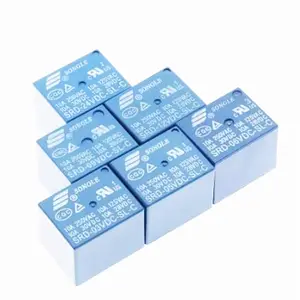




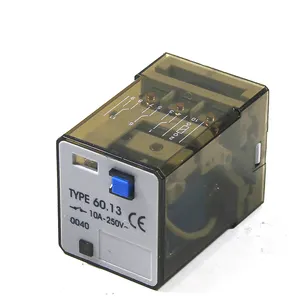








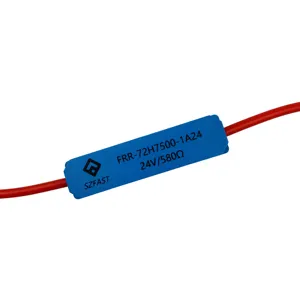
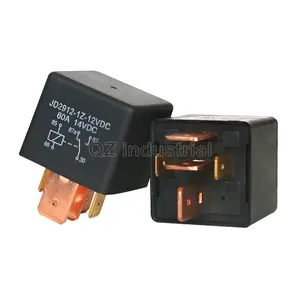

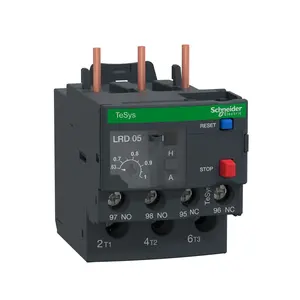
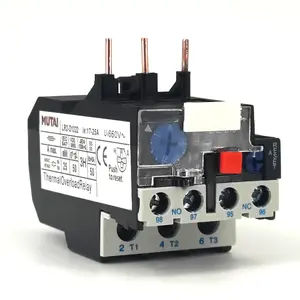

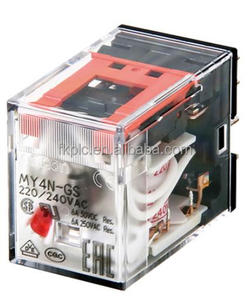



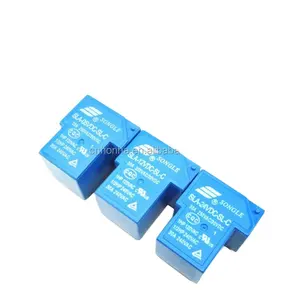

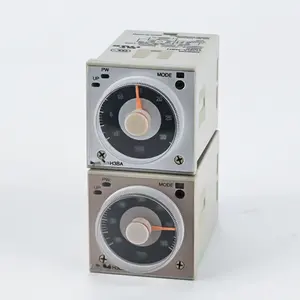
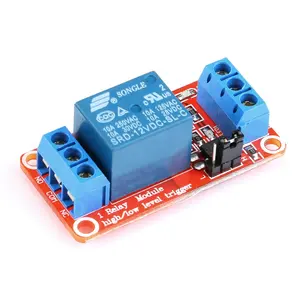
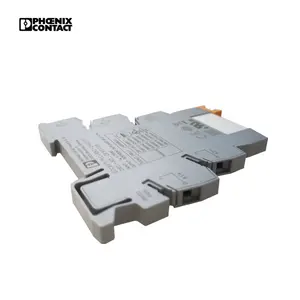






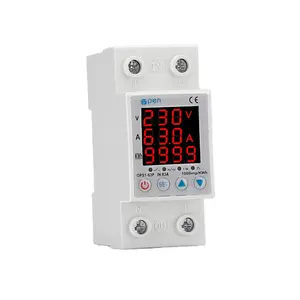
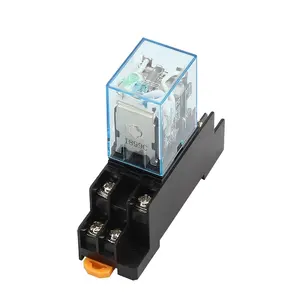

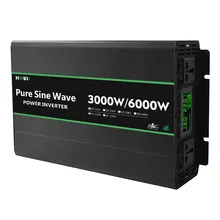

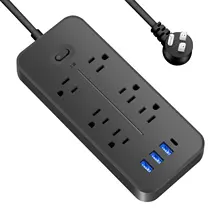
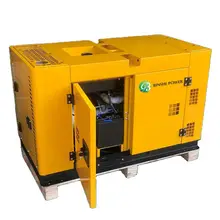
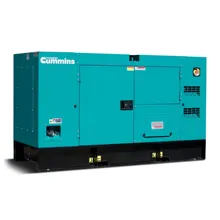

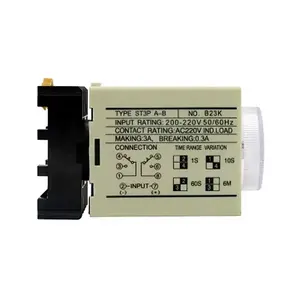




















 浙公网安备 33010002000092号
浙公网安备 33010002000092号 浙B2-20120091-4
浙B2-20120091-4